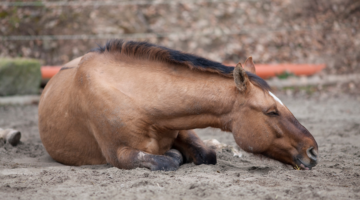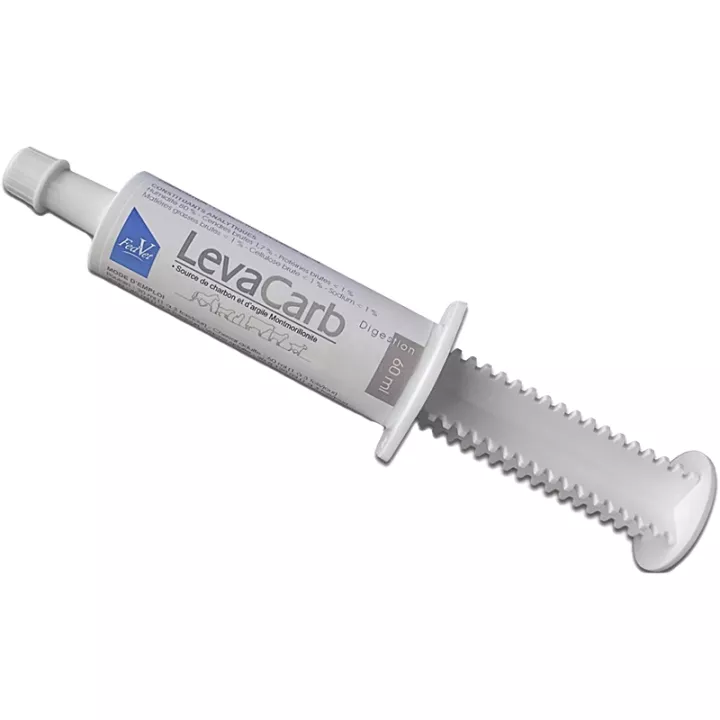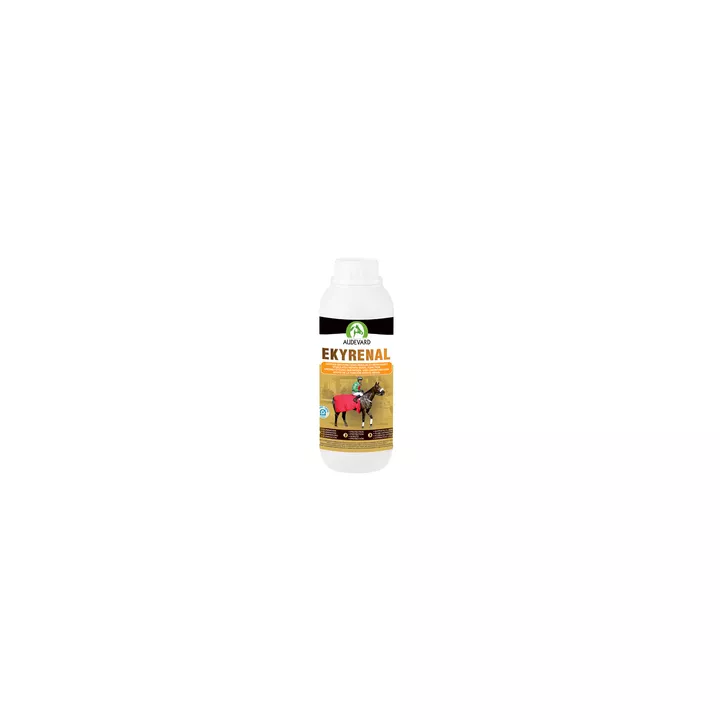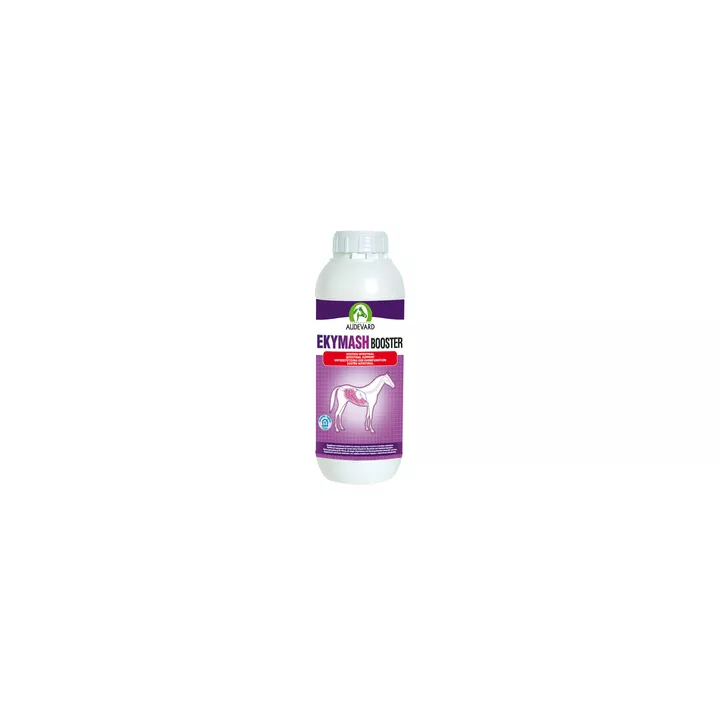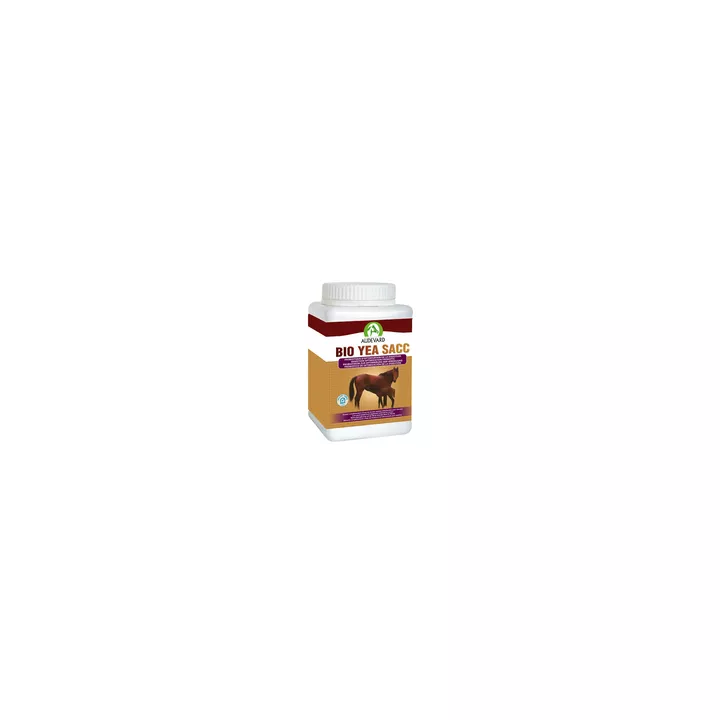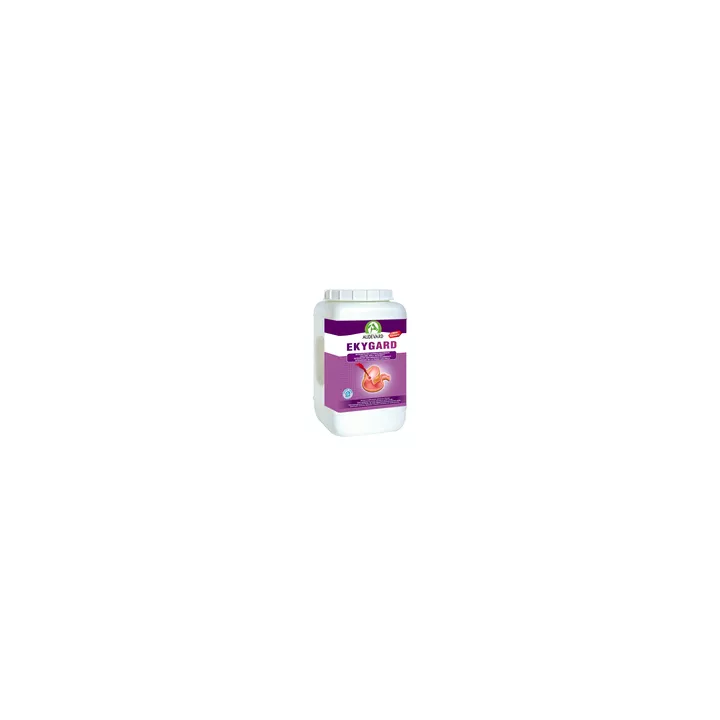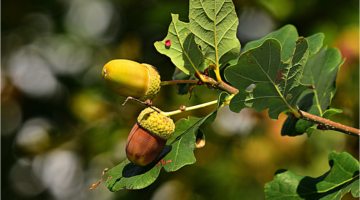What is Leva-Carb used for?
Digestive disorders and diarrhoea are frequent pathologies in horses and foals. In fact, 80% of foals suffer at least one episode of diarrhea during their first six months of life. These disorders have multiple causes: pathogens such as bacteria and viruses, antibiotic treatments, food poisoning due to ingestion of acorns or toxic plants, as well as stress, weaning or dietary transitions.
To help regulate intestinal transit and protect the digestive mucosa, Leva-Carb dietary supplement offers a natural, effective solution.
Leva-Carb combines three essential active ingredients: activated charcoal,Montmorillonite green clay and probiotic yeast. Together, they helpabsorb toxins, protect the intestinal wall and support the digestive flora, providing fast, long-lasting relief.
Its oral syringe format makes it particularly easy to use, even for the most recalcitrant pets. This versatile product is not limited to horses and foals: it is also suitable for dogs, cats, cattle, sheep, goats, pigs and poultry.
Activated charcoal plays an essential role in regulating intestinal transit. Thanks to its absorbent properties, it traps gases and toxins in the digestive tract, reducing bloating and abdominal pain. This natural process also helps neutralize pathogenic bacteria and viruses, promoting a rapid return to normal intestinal function.
Montmorillonite green clay has protective, softening and anti-inflammatory properties. It forms a protective film on the intestinal mucosa, helping to retain excess secretions and limit irritation. Its healing and anti-infectious properties accelerate healing and reduce the risk of complications.
Probiotic yeasts supportbalanced intestinal flora, essential for optimal digestion. By reseeding the microbiota, they improve dietary fiber fermentation, reduce the risk of diarrhea and strengthen the immune system. This probiotic action is particularly beneficial after antibiotic therapy or during periods of stress, two situations in which the intestinal flora can be disturbed.
Leva-Carb provides a natural, complete solution to digestive disorders in animals. Its carefully selected ingredients work in synergy to absorb toxins, reduce inflammation, protect the intestinal mucosa and support digestive flora. This dietary supplement rapidly restores intestinal well-being.
To complement the benefits of Leva-Carb, we recommend Audevard Ekygard Granules, a complementary feed for horses being monitored for gastric acidity. Highly palatable, it combines plant extracts and clay to soothe the stomach and promote digestive comfort.
How to use this syringe
Empty the recommended amount from a syringe directly into the animal's mouth or mix with feed.
- Foals: 30 ml (1/2 syringe), 1 to 3 times a day.
- Adult horse: 60 ml (1 syringe), 1 to 3 times a day.
- Calf: 45 ml, 1 to 3 times a day.
- Adult cow: 90 to 120 ml, 1 to 3 times a day.
- Lamb: 15 ml, 1 to 3 times a day.
- Adult sheep: 120 to 150 ml, 1 to 3 times a day.
- Kid goat: 15 ml, 1 to 3 times a day.
- Adult goat: 120 to 150 ml, 1 to 3 times a day.
- Piglet: 15 ml per day.
- Adult pig: 25 to 30 ml per day.
Give your opinion on the advice for use and dosage of Leva-Carb with our partner Verified opinions after your purchase.
Precautions for use :
This product is for veterinary use only. Strictly observe recommended doses. If symptoms persist or the animal's condition worsens, consult a veterinarian. Do not administer to animals with a known hypersensitivity to any of the components. Keep the syringe in a cool, dry place, away from light and out of the reach of children.
What does it contain?
Activated Charcoal, Montmorillonite Clay, Gel Formula, Homogeneous Texture, Stable Texture, Easy To Use
Presentation: 60 ml oral syringe (1 administration for adult horses).
